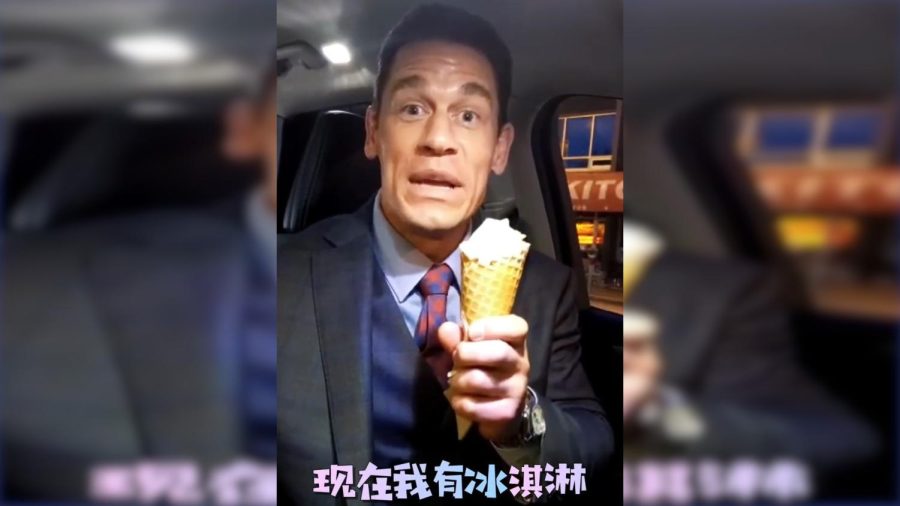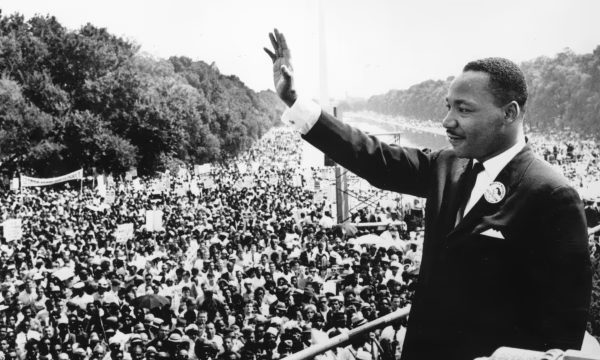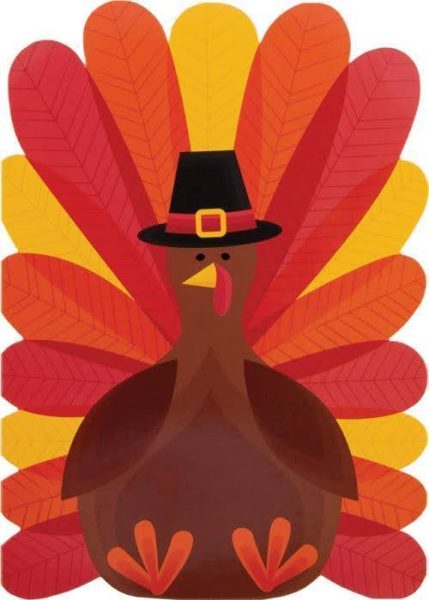My culture is not your meme
A video of John Cena speaking Chinese has led to countless parodies, edits, and a TikTok trend.
“Bing chilling!” A mocking voice called, seemingly to me.
I could have turned around to confront the student, but I kept going and just rolled my eyes. I was familiar with this type of behavior, as it was happening more frequently than usual.
When professional wrestler John Cena posted a video of him holding an ice cream (bīng qí lín in Mandarin) and speaking in Mandarin to promote his film “F9” in 2021, the internet exploded with laughter. But what was so funny about that video? The fact that he was speaking Chinese.
I guess it was funny at first. But seeing it become overused like other Chinese memes such as “Jiafei,” “Xiaoling,” and “Super Idol,” I stopped laughing.
When I was in elementary school, tmy classmates would sing a rhyming song while simultaneously pulling their face back to create small eyes. At the end, they would laugh and say “Ching chong!” Of course, we were all too young to understand what they were really saying. The words used are a mockery of Mandarin and Cantonese phonology, and are used derogatorily toward people of East Asian descent. As with John Cena’s “bing qí lín,” they apparently make Chinese people something to laugh at.
This made me think: are these jokes really that hilarious to people? Or do they also serve to disguise hate for China’s government and people?
Asian hate, specifically Chinese hate, has been present for such a long time that it is embedded into America’s history through bills, acts, and massacres. The Page Exclusion Act of 1875 was the first American restrictive immigration law that prohibited immigration of Chinese women specifically. Then, the Chinese Exclusion Act was introduced in 1882, which prohibited Chinese immigration to the US.
More recently, the Pew Research Center reports: “Negative views of China (in America) have increased substantially since 2018. Today, 67% of Americans have “cold” feelings toward China […] Americans rarely brought up the Chinese people or the country’s long history and culture. Instead, they focused primarily on the Chinese government.” Poll responses expressed opposition towards the Chinese Communist Party, overpopulation, and overwhelmingly, COVID-19.
With the rise of East Asian culture in America, teens and adults alike are allured by K-pop, K-beauty, anime, and manga. Within social media such as TikTok, one can observe that anything from Korea and Japan is considered trendy and appealing, while anything or anyone from or related to China is considered funny and overall inferior. It’s strange when people glorify Korea and Japan but put down China.
While some might argue that humor based on Chinese language, people or culture is just a joke, they need to understand the consequences of such jokes. As a half-Chinese person, I could laugh at these jokes and mockery. I could use those jokes around other people. But I understand that these jokes are harmful. I know, because I have been at the butt of many of these racially charged jokes. I feel offended by them.
Chinese people have been used as comedic relief in American movies in from the 1950’s through the early 2000’s. Although there are positive representations of Chinese people in the media, the consistent representation of Chinese and East Asians as something to laugh at is a major cause of the bigotry Chinese people in America are facing today. A study by the Geena Davis Institute on Gender in Media found that almost half of all Asian roles in movies serve as the punchline and something to laugh at, not with.
I am aware that all Asians in America are held against some prejudice. Asian hate, not just East Asian hate, is a tremendous problem today, and is not just targeted towards Chinese people. But putting other Asians on a pedestal above Chinese people? That is even more prejudiced.
Hate comes in many forms. Ours too often comes in the form of a joke.
Calla Cheung is a 9th grader in the Academy of Arts & Communication.






